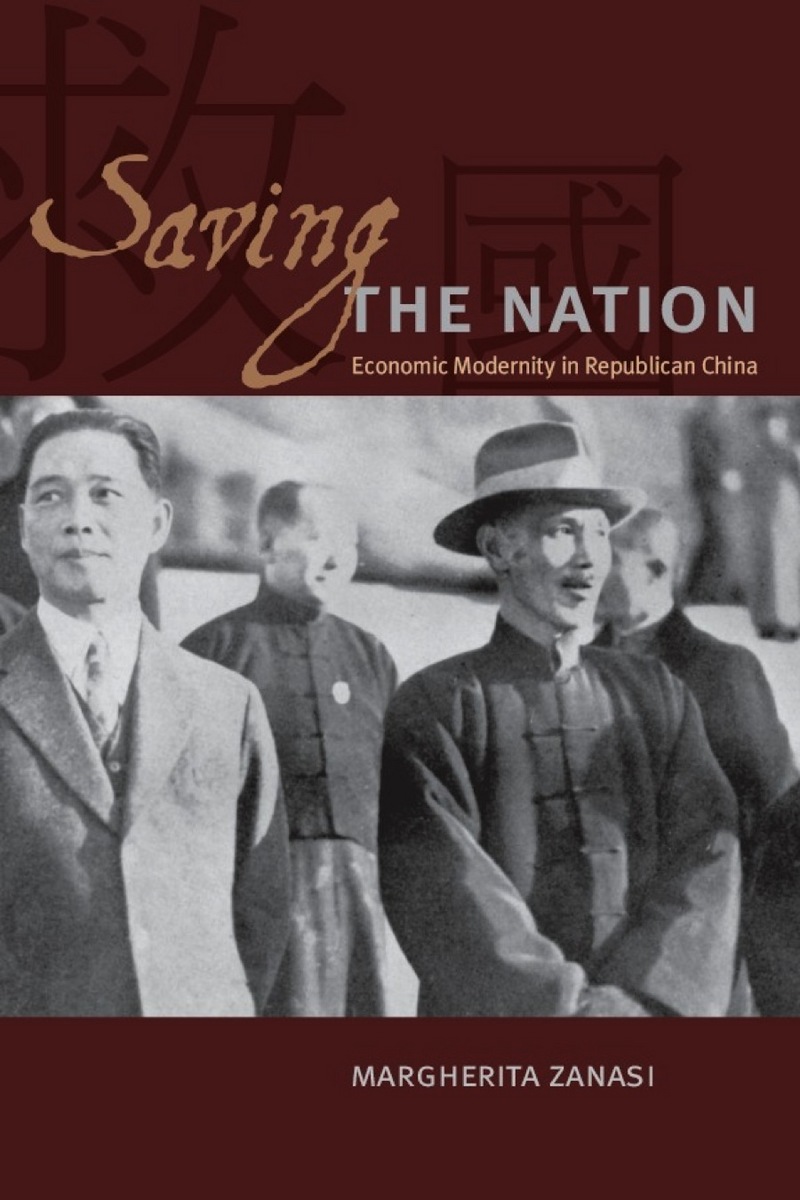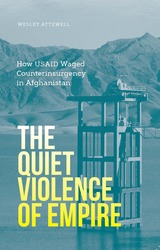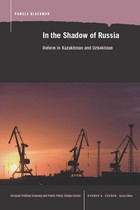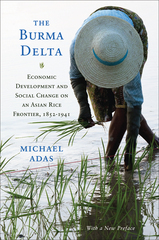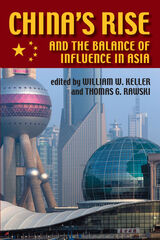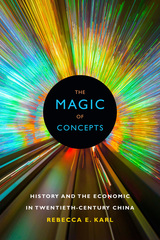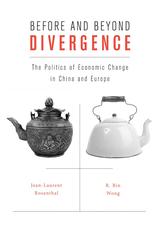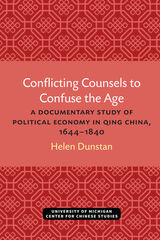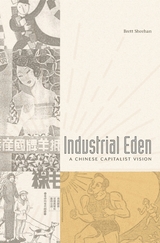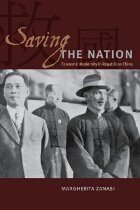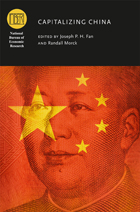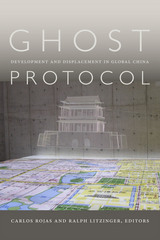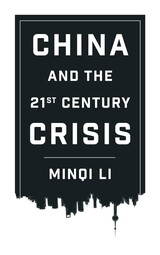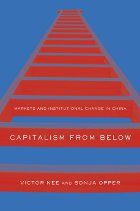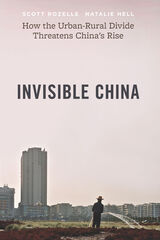“Saving the Nation will make a signal contribution to the history of Republican China. We have excellent studies of business and economic enterprise and a few important studies of Nationalist economic policy, but this is the first study to dissect in detail the economic policy debates of the late 1920s and 1930s beyond Chiang Kai-shek’s immediate circle. The inclusion of Wang Jingwei, Chen Gongbo, and Song Ziwen as pivotal figures in the debates over China’s economic present and future broadens the study in ways that are politically fascinating.”--David Strand, Dickinson College
— David Strand
“In Saving the Nation, Margherita Zanasi adds an important new dimension to our understanding of the struggles for control of the Nationalist Party that broke out after Sun Yat-sen’s death in 1925. Moving between the registers of political, intellectual, and economic history, she skillfully analyzes the varied ways that Chiang Kai-shek and his rivals strove to push the country toward ‘economic modernity.’ The result is a study that has much to tell us about China’s Republican-era past and places in new perspective the debates over development and nationalism of China’s Reform-era present.”--Jeffrey N. Wasserstrom, University of California, Irvine
— Jeffrey N. Wasserstrom
“Zanasi’s study is very well-researched and highly significant for several reasons: it shows how ideas of central European fascist and dirigiste political-economic systems—put to purposes of national defense—were far more important in Republican China than we have appreciated; how ‘collaborationism’ cannot be dissociated from contending strategies and politics of building national strength; and how these contentions form a central moment in the history of the present in China.”--Prasenjit Duara, University of Chicago
— Prasenjit Duara
"Zanasi's book adds an important new dimension to our understanding of the Nanjing Decade by focusing on the notions and activities of the Wang group . . . and presenting the political complexity of the Guomingdang government."
— Linsun Cheng, International Journal of Asian Studies
"A significant contribution to our understanding of the Nanjing Decade in terms of economic policy-making and the intra-Party struggles over the control of resources. It will be of interest to all students of modern Chinese history and Chinese modernity."
— Edmund S. K. Fung, China Journal
"[This book] joins a growing literature that traces the origins of post-1949 Chinese Communist Party policies back to the Republican period, reassesses the relationship between economy and society during the Nanking decade, and revises the view of Wang Jingwei's collaborative nationalism. In addition, the book highlights the fluidity of 'modernity' as a guiding concept for late developing countries in their search for a balance among state, society, and the economy."
— Kwan Man Bun, American Historical Review
